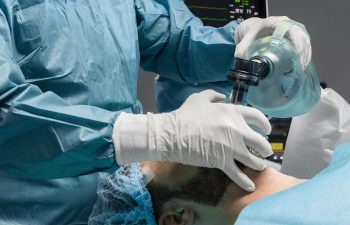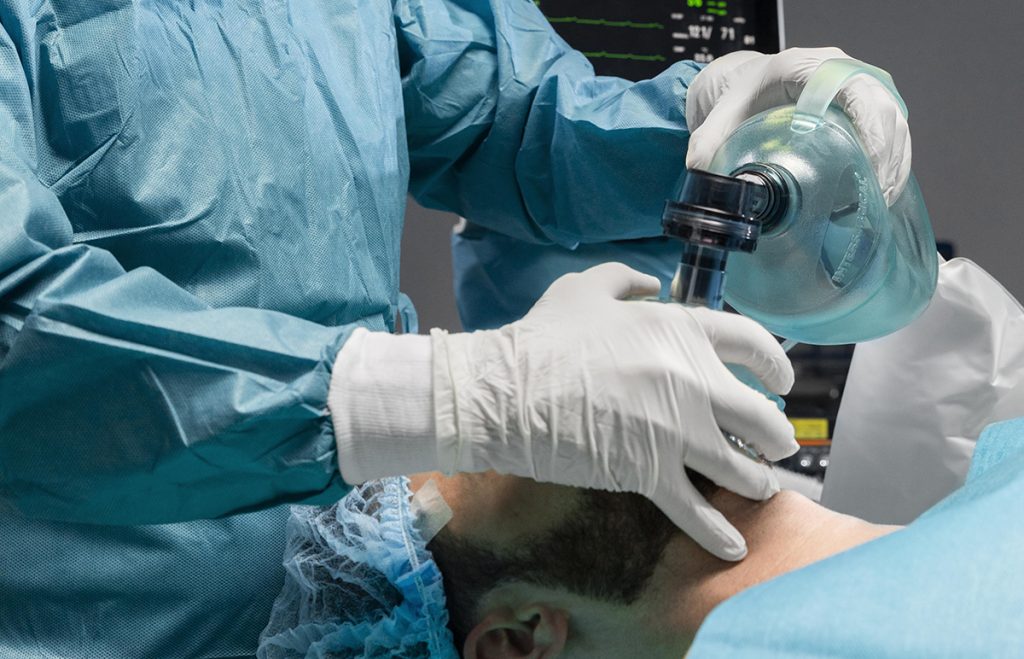is a medical specialty focused on the preoperative care of patients, including anaesthesia administration, pain management, and critical care. Anesthesiologists are medical doctors who specialize in anesthesiology. They are responsible for ensuring patient safety and comfort before, during, and after surgical procedures. Here’s a detailed overview of anesthesiology, including common diagnostic procedures and tips on how to stay healthy
An anaesthesiologist is a physician who:
- Administers Anesthesia: Provides anesthesia to patients undergoing surgery or other medical procedures.
- Monitors Vital Signs: Closely monitors patients’ vital signs (heart rate, blood pressure, breathing, etc.) during surgery.
- Manages Pain: Provides pain management for both acute (e.g., postoperative pain) and chronic pain conditions.
- Preoperative Evaluation: Assesses patients before surgery to determine the most appropriate anesthesia plan.
- Critical Care: Provides care for patients in intensive care units (ICUs) who require close monitoring and management of life-threatening conditions.

Diagnostic and Preoperative Procedures in Anaesthesiology
Preoperative Evaluation:
- Medical History: An anesthesiologist reviews the patient’s medical history, including previous anesthesia experiences, allergies, medications, and existing medical conditions.
- Physical Examination: A thorough physical examination is conducted to assess the patient’s overall health status and identify any potential risks.
- Laboratory Tests: Blood tests, urine tests, and other laboratory investigations may be ordered to evaluate the patient’s organ function and detect any abnormalities.
- Imaging Studies: Depending on the patient’s condition, imaging studies such as X-rays, CT scans, or MRIs may be reviewed to assess any anatomical or pathological issues.
Anesthesia Plan:
- Customized Plan: Based on the preoperative evaluation, the anesthesiologist develops a tailored anesthesia plan, including the type of anesthesia (general, regional, or local), dosages, and monitoring strategies.
- Patient Consultation: The anesthesiologist discusses the anesthesia plan with the patient, explaining the procedure, potential risks, and obtaining informed consent.
Intraoperative Monitoring:
- Continuous Monitoring: During surgery, anesthesiologists continuously monitor vital signs, including heart rate, blood pressure, oxygen saturation, respiratory rate, and end-tidal CO2 levels.
- Adjustments: They adjust anesthesia levels and medications as needed to maintain patient stability and comfort.
Postoperative Care:
- Recovery Monitoring: After surgery, patients are monitored in the post-anaesthesia care unit (PACU) until they regain consciousness and vital signs are stable.
- Pain Management: Anaesthesiologists provide postoperative pain relief through medications, nerve blocks, or other techniques.
Tips for Heart Health
Maintain a Healthy Weight: Keeping a healthy weight reduces the risk of complications during anaesthesia and surgery.
Quit Smoking: Smoking increases the risk of respiratory and cardiovascular complications. Quitting smoking improves overall health and reduces anesthesia-related risks.
Regular Exercise: Regular physical activity strengthens cardiovascular and respiratory systems, improving surgical outcomes and recovery.
Balanced Diet: A nutritious diet supports overall health, aids in recovery, and reduces the risk of chronic diseases.
Manage Chronic Conditions: Proper management of chronic conditions such as diabetes, hypertension, and heart disease is crucial for reducing surgical risks.
Regular Check-ups: Regular medical check-ups help in early detection and management of health issues, improving outcomes if surgery is needed.
Stay Informed: Understanding your medical conditions, medications, and potential anesthesia risks helps in making informed decisions and improving communication with healthcare providers.


